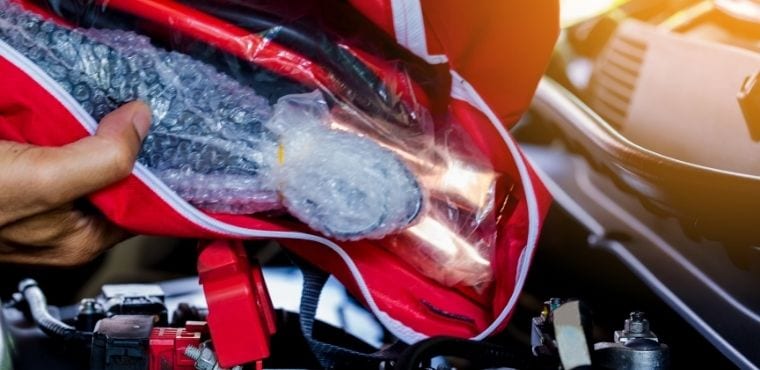If you’re planning a road trip to see the country’s wide-open spaces, realize that breaking down in the city (or even the suburbs) and breaking down in the country are two different things. While it’s rare to be too far from somewhere offering food, accommodations, and car repair shops, sometimes you need to be ready to hunker down or take care of things yourself in the country. Before you hit the backroads, be sure you and your car are up for the journey. To help you get started, here’s how to prepare for rural car emergencies when you’re stuck in the middle of nowhere.
Get To Know the Area Before You Get There
One of the great benefits of technology is that almost every inch of the earth has been charted. Certainly, most of the world’s roads were visited by a certain search engine company’s vehicle(s). That said, it’s easy to create maps for your rural journey to see road quality and conditions as well as landmarks. If you know you’re leaving the highway for stretches of time, create a binder with printed out maps—in case you lose cell service—to help you find your way.
Pack an Emergency Kit, and Then Some
Your car should already have an emergency kit in the trunk. Basic kits can be purchased or easily put together and should contain, at minimum, jumper cables, road flares or flashing signals, a tire jack and lug wrench, a spare tire (periodically inspect it to see that its intact and inflated), a tool kit or utility tool, a flashlight with extra batteries, tire sealant, a tire pressure gauge, duct tape, and a first aid kit. For long hauls through the country, add a few extra supplies in case you’re stranded and awaiting help. An empty gas can and a full two-gallon jug of water are necessities. Bring along a few blankets for warmth, as well as rain ponchos—and if it’s wintertime, a small shovel for digging yourself out of snow or mud. Finally, bring a cooler of snacks to nosh while waiting for help or a tow truck.
Prep for Country Driving
Here’s the best way how to prepare for rural car emergencies. Most of your driving skill set is the same in the country as it is in the city, but keep a few rural-specific driving rules of thumb in mind. Narrow roads and single-lane bridges can be the norm, so be ready to pull over and let traffic pass. Be ready to correct yourself if you slide on gravel roads. Watch for critters. Sadly, most animals will take the brunt of the damage in a collision, but even small creatures can cause wrecks or ruin car performance. As for larger creatures like bison, elk, or moose—statistically, you’re more likely to be hurt than you are to hurt them. Slow down, stay alert, and watch for the brightness of their eyes, especially at dawn, dusk, and during the night!






